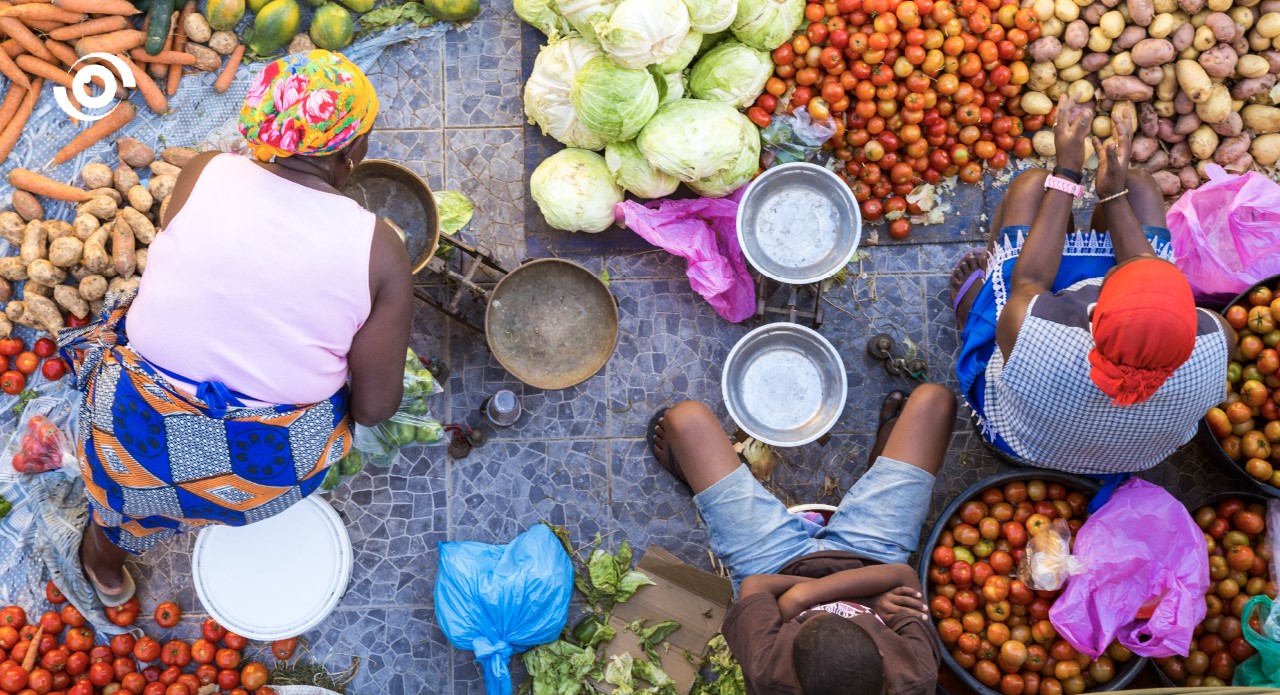As Nigeria continues to grapple with inflation and a depreciating currency, a quiet but significant transformation is unfolding in homes and marketplaces across the country: Nigerians are embracing locally made goods—not by choice, but by necessity.
This growing trend took center stage in a recent episode of Drinks and Mics, the Nairametrics podcast hosted by Ugodre Obi-Chukwu and co-hosted by Arnold Dublin-Green and Tunji Andrews.
The episode featured Oler Oladele, founder of the MoneyWit Club, who painted a vivid picture of how the economic reforms and macroeconomic pressures are reshaping everyday consumer behavior.
“When we talk about macroeconomic numbers, it’s easy to get lost in all the data,” Oler said. “But behind the numbers are real Nigerians, making tough choices every day.”
With foreign goods becoming increasingly unaffordable due to currency depreciation and rising import costs, more Nigerians are turning to homegrown alternatives. What was once a matter of preference has become an act of survival?
Oler explained that behaviors that once defined a certain middle-class lifestyle—shipping goods from abroad or frequent shopping trips to Dubai—are now becoming relics of the past.
“Those days are gone, or at least drastically reduced,” she noted. “People are no longer casually importing everything.”
Indeed, recent economic data shows a notable drop in Nigeria’s import volume. Analysts suggest this trend may explain the country’s recent balance of payments surplus—not due to a rise in exports, but a sharp decline in imports.
This consumer shift is taking place against the backdrop of sweeping reforms introduced by President Bola Tinubu’s administration since May 2023, including the removal of fuel subsidies, unification of exchange rates, and partial withdrawal of electricity subsidies.
While these policies have been praised for enhancing Nigeria’s fiscal discipline, they have triggered a surge in living costs. Inflation hit a 20-year high in early 2025, reaching 34.8%, with food and fuel being the hardest-hit categories.
READ ALSO: Nigeria: Another Looming Hyperinflation Monster
“People feel the pinch most at the fuel station and the market,” Oler explained. “Even if global oil prices fall, if the naira is weak, it cancels out any benefit.”
Despite these challenges, Nigerians are not waiting for relief—they’re adapting. Co-host Tunji Andrews shared a personal moment from a supermarket trip that underscored this shift.
“I picked cereal for my kids, and someone said, ‘That’s the imported one.’ I didn’t even realize there was a Nigerian version. That’s how much we’re all adjusting.”
Oler emphasized that what’s happening goes beyond brand substitution. It’s a complete reordering of household priorities.
“It’s not just about not buying new cars anymore,” she said. “Even basic things like kitchen towels are now carefully considered purchases. I spoke with mothers who said their nannies help decide which brands to buy based on price. The economy has humbled a lot of people.”
She noted that even among wealthier Nigerians, the economic squeeze is starting to show—especially for those who now shop more frequently and feel the rising costs in day-to-day spending.
When asked whether the exchange rate remains the biggest threat to the average Nigerian, Oler said the story has evolved.
“Not really. Not in the same way. People have adjusted. They’ve built workarounds and new habits,” she replied.
That adaptation, the podcast guests agreed, may be one of the most underreported aspects of Nigeria’s current economic narrative: the quiet resilience of its people in the face of relentless economic pressure.
“It’s not theoretical anymore,” Oler concluded. “The numbers are real, and Nigerians are living them every day. But instead of despair, we’re seeing adaptation. That’s the true story behind all the reforms—a complete reshaping of how we consume, survive, and move forward.”

 Entertainment5 days ago
Entertainment5 days ago
 Health1 week ago
Health1 week ago
 Health4 days ago
Health4 days ago
 Football1 week ago
Football1 week ago
 Football1 week ago
Football1 week ago
 Crime4 days ago
Crime4 days ago
 Education6 days ago
Education6 days ago
 Crime1 week ago
Crime1 week ago

